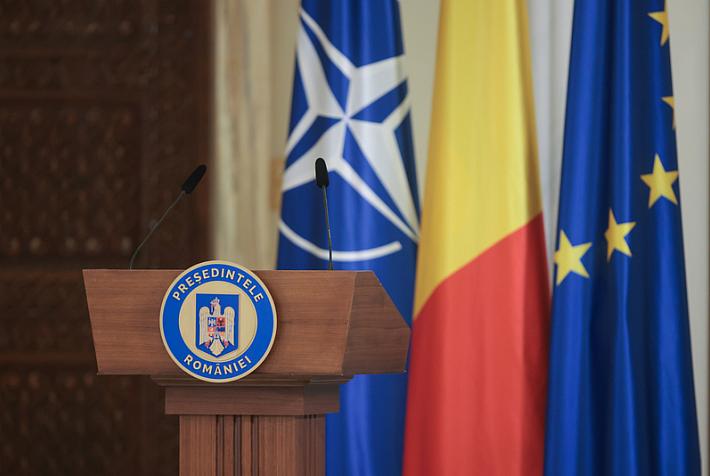Which are the main changes in Romania’s Government?

The reshuffled Romanian Government brings new names for some of the most important portfolios, such as Finance, Economy, Energy and Communications. New ministers were also appointed for Education, Culture and Environment.
The new Cabinet, the fourth led by PrimeMinister Victor Ponta, was validated by the Parliament, on Monday, December 15, with 377 votes in favour and 134 votes against. The Government is made of ministers belonging to Ponta’s Social Democratic Party (PSD), from the Conservative Party (PC) and the National Union for Romania’s Progress (UNPR).
Two portfolios were allocated to former PM Calin Popescu Tariceanu’s Reformist Liberal Party (PLR), as Tariceanu supported Ponta in the second round of the presidential elections, which Ponta lost to Klaus Iohannis. The Magyar Democratic Union (UDMR) got out of the Government but still voted for the new cabinet.
The biggest changes in the Government led by Victor Ponta are in the ministries related to the financial and economic sector. The Ministry of Finance will absorb the Ministry of Budget and will once again coordinate both the fiscal policy and the issues related to the state’s budget.
Finance minister Ioana Petrescu was removed from the Government and the ministry will now be coordinated by Darius Valcov, who has been budget minister in the last few months. Valcov, 37, took on as budget minister in August 2014, replacing Liviu Voinea, who was appointed deputy governor of Romania’s National Bank (BNR).
Economy minister Constantin Nita and energy minister Razvan Nicolescu were also dismissed. The new economy minister is Andrei Gerea, a liberal from former Prime Minister Calin Popescu Tariceanu’s Liberal Reformist Party (PLR). Gerea, 46, was also economy minister in one of Ponta’s previous cabinets, from October 2013 until February 2014. He is one of the supporters of the Rosia Montana gold exploitation project.
Mihai Tudose, the new minister for energy and SMEs (small and medium enterprises) is also a supporter of the Rosia Montana project, according to Romanian media. Tudose, 47, has served as president of the Economic Policies, Reform and Privatization committee in the Romanian Deputies’ Chamber. He’s the leader of the Social Democratic Party’s (PSD) county organization in Braila.
A new minister was also appointed for the communications portfolio, namely Sorin Grindeanu. He’s 41 and he’s a member of the Deputies’ Chamber. He previously served as a member of the Timisoara city council. He has a bachelor degree in computer science from Universitatea de Vest in Timisoara. He’s been a member of PSD since 1996.
The new minister of education is Sorin Cimpeanu, 46, who has been serving as rector of the Agronomic Science University in Bucharest. He was named for this portfolio by the Conservative Party (PC), although he’s not a party member.
The new culture minister is Ionut Vulpescu, 38, who served in the past as counsellor for former Romanian President Ion Iliescu. He’s a member of the Deputies’ Chamber.
Gratiela Gavrilescu is the new environment minister. She’s 48 and she is a former member of the liberal party, now part of Tariceanu’s new PLR. She has served as a member of the Deputies’ Chamber since 2007.
editor@romania-insider.com













